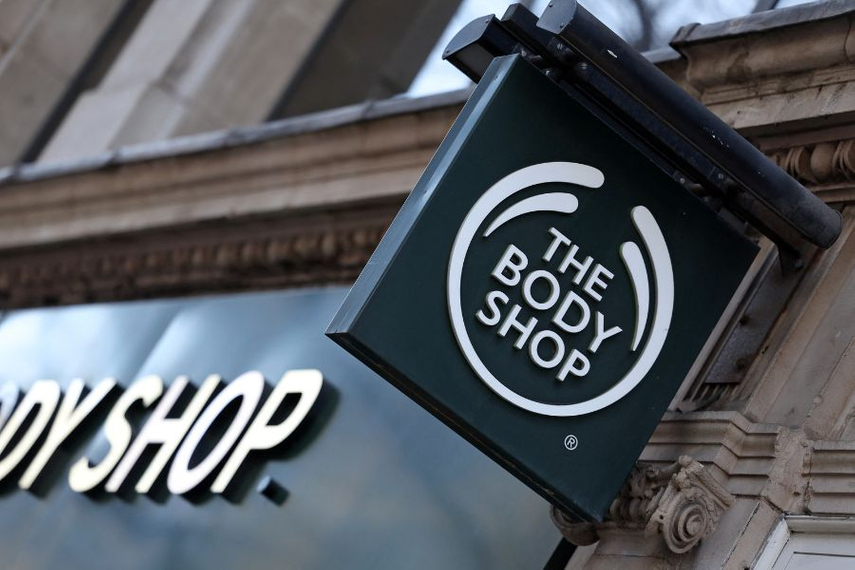
The Body Shop was the leading light of the belief that business can be a force for good, placing that belief at the centre of how it operated. Over the years, it demonstrated the power of business to deliver real change.
It was instrumental in helping end animal testing in the cosmetics industry in Europe, it raised awareness of HIV and confronted the prejudice faced by those with the condition. It campaigned fiercely on hundreds of other issues too, including those far away from its business area and retail territories. It spearheaded recycling initiatives and made its stores activists hubs for campaigners to organise.
It opened the way for the many other activist brands that have followed suit such as Patagonia, Lush and Tony's Chocolonely. It put campaigning at the heart of its brand and marketing in a way that few have been brave enough to replicate since. Purpose wasn’t a gimmick to stick onto the side of the business and its communications, it was the business.
When a company takes that approach, it cannot expect it to be smooth sailing reputationally and it certainly hasn’t been for The Body Shop over the years.
It faced criticism for campaigning on issues that seemed a long way from its core business, such as raising awareness of the struggle of the Ogoni people, who were persecuted for protesting against Shell in Nigeria, in 1993. That same criticism is levelled at Ben & Jerry’s right now—and, of course, both brands attracted heat for selling out to multinationals.
Criticism, both legitimate and illegitimate, is the price any business pays for taking a stance and making that stance central to who they are. From a marketing perspective, the other penalty is a narrowing of your potential customer base. Many are attracted to brands that share their values but equally many are put off. In a low-margin, mass sales business like The Body Shop, that adds an extra complication to financial sustainability.
But The Body Shop ultimately didn’t fail because it was a campaigning business. In fact, I think that was one of the main reasons it lasted as long as it did. When the shutters come down on its shops, it will be surrounded by the empty spaces of dozens of other retail brands who already succumbed to changing consumer habits and uncertain global headwinds, none of whom were remotely interested in campaigning.
Let’s celebrate what it was and what it achieved and put the spotlight on its successors, like the brands already mentioned. We face enormous challenges around the climate crisis, nature and social justice. We need many more companies to follow the lead provided by The Body Shop and get into the business of positive change.
Amanda Powell-Smith is chief executive at Forster Communications. Forster was founded in 1996 by Jilly Forster, who was previously the communications director for The Body Shop.

(This article first appeared on PRWeek)


.jpg&h=334&w=500&q=100&v=20250320&c=1)
.jpg&h=334&w=500&q=100&v=20250320&c=1)

.jpg&h=334&w=500&q=100&v=20250320&c=1)


.jpg&h=334&w=500&q=100&v=20250320&c=1)


.jpg&h=334&w=500&q=100&v=20250320&c=1)





.jpg&h=268&w=401&q=100&v=20250320&c=1)


